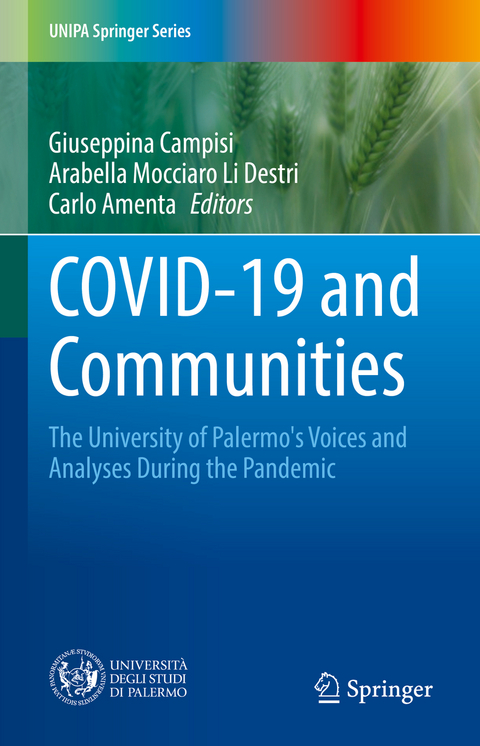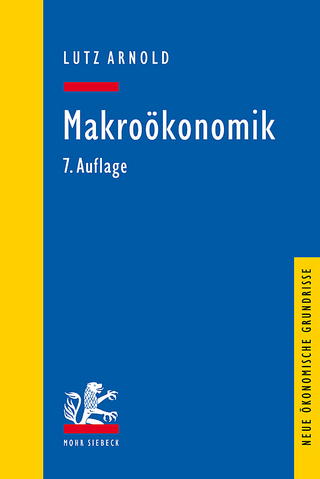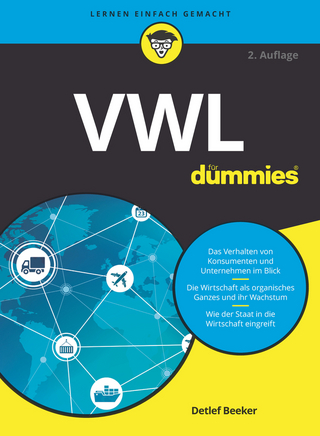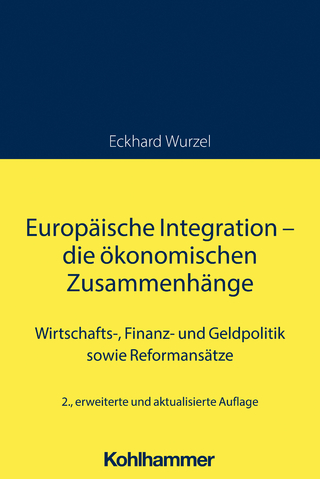
COVID-19 and Communities
Springer International Publishing (Verlag)
978-3-030-88621-9 (ISBN)
This volume presents an interdisciplinary reflection on the SARS-COV-2 pandemic and its consequences elaborated in real-time. It embodies the University of Palermo's values and mission by bringing together academics of very diverse disciplinary fields on an issue that is disrupting all aspects of individual and community existence. This volume captures the voices of academics during the pandemic, allowing to crystallize the discourses that are emerging in a wide variety of scientific fields as events unfold and knowledge is rapidly evolving. They share the belief that to shed adequate light on the complex and multifaceted phenomenon of the COVID-19 pandemic and its consequences necessarily requires the adoption of an interdisciplinary approach, the consideration of a multiplicity of perspectives, and of a variety of levels of analysis. The organization of the single contributions in chapters allows the exchange of different perspectives, whilst conveying a general overall frameworkto the interpretation of the many facets of the changes and crisis generated by COVID-19.
The volume addresses both academics and professionals dealing with the processes and the consequences brought forth by the pandemic and presents a solid example of the commitment an academic institution should devote to society and communities.
lt;b> Giuseppina Campisi is a Full Professor of Oral and Dental Diseases, and Head of the Department of Surgical, Oncological, and Oral Sciences at the University of Palermo, Italy.
Arabella Mocciaro Li Destri is a Full Professor of Management, Department of Economics, Business, and Statistics at the University of Palermo, Italy.
Carlo Amenta is an Associate Professor of Management, Department of Economics, Business, and Statistics at the University of Palermo, Italy.
Part 1. Health and Medical Aspects.- Chapter 1. Health care at the time of COVID-19.- Chapter 2. SARS-CoV-2: a simple lesson for explaining transmission and measures to prevent virus spreading.- Chapter 3. Statistical modeling to monitor and to predict the epidemic evolution.- Chapter 4. Diagnostic Tests for COVID-19: How Should Their Results be Interpreted? A Practical Approach.- Part 2. Economic and Social Aspects.- Chapter 5. Covid-19 and economic crisis: what we know and what we may expect.- Chapter 6. Macroeconomic Scenarios and Policy Intervention.- Chapter 7. A Proactive Approach to Firm Management During Covid-19.- Chapter 8. Covid-19 and Social Structure: Three Key Words for Future Orientation .- Part 3. Urban and Environmental Aspects.- Chapter 9. Dwelling and Covid-19.- Chapter 10. Covid-19 and Ecosystems.- Chapter 11. Postpandemic Urban Habitat in the Neoanthropocene.- Chapter 12. Covid 19 and Smart Cities.- Part 4. Legal Aspects.- Chapter 13. Legal Issues in the COVID-19 Pandemic.- Chapter 14. Rights, Balancing and Certainty.- Chapter 15. The Right to Health and Resource Allocation. Who Gets What and Why in the Covid-19 Pandemic.- Part 5. Linguistic and Literary Aspects.- Chapter 16. The Pandemic: A Challenge of the Humanities.- Chapter 17. Are we at War? Some Remarks on War-Related Language on Covid-19.- Chapter 18. Paper contagions.- Chapter 19. The displacement of social bond.- Part 6. Agricultural and Food Chain Aspects.- Chapter 20. The impact of the Covid -19 pandemic on the agri-food supply chain.- Chapter 21. The impact of COVID19 on the Italian wine and olive oil sector.- Chapter 22. Coronavirus crisis and its effects on the fishery value chain.- Chapter 23. Opportunities, risks and failures of the retail system after Covid-19.- Chapter 24. The fresh produce supply chain and its changes after the Covid-19.- Chapter 25. Covid-19 and the dairy and meat supply chain.- Part 7. The Impact on Individual Rights and Psychology.- Chapter 26. Introduction.- Chapter 27. The Balancing of Rights at the Time of the Coronavirus Emergency.- Chapter 28. Health vs. Constitutional Liberty. The Role of Information.- Chapter 29. Psychological and Psychiatric Impact of the Coronavirus Pandemic.- Part 8. Intersections Between University and Community.- Chapter 30. The concept of knowledge society and health awareness at the University of Palermo.- Chapter 31. Biocontainment and Sicilian Regional Healthcare System Response to COVID-19 Pandemic.- Chapter 32. Reconceptualizing business models in light of the Covid-19 experience: Insights from the world of startups for a renewed corporate finalism.- Chapter 33. Third Mission and Public Engagement in the COVID-19 Pandemic: The Ways in Which the University of Palermo Supports its Community.- Chapter 34. The School of Medicine and Surgery of the University of Palermo at the time of the emergency determined by SARS-CoV-2.- Chapter 35. Universities' "third" mission, industrial conversion and the quest forsurgical masks: a Sicilian tale from the first COVID-19 lockdown.
| Erscheinungsdatum | 06.03.2022 |
|---|---|
| Reihe/Serie | UNIPA Springer Series |
| Zusatzinfo | XIV, 275 p. 14 illus. in color. |
| Verlagsort | Cham |
| Sprache | englisch |
| Maße | 155 x 235 mm |
| Gewicht | 560 g |
| Themenwelt | Wirtschaft ► Volkswirtschaftslehre |
| Schlagworte | Agri-Food Supply Chain • biocontainment • Constitutional liberty • Covid-19 and social structure • Economic crisis • Epidemic evolution • Firm management • Health and resource allocation • Health Care • Italy • Knowledge Society • Macroeconomic scenarios • olive oil • Paper contagions • Policy intervention • Psychological and psychiatric impact of the coronavirus pandemic • smart cities • Social Bond • Supply Chain • Virus spreading |
| ISBN-10 | 3-030-88621-2 / 3030886212 |
| ISBN-13 | 978-3-030-88621-9 / 9783030886219 |
| Zustand | Neuware |
| Haben Sie eine Frage zum Produkt? |
aus dem Bereich


